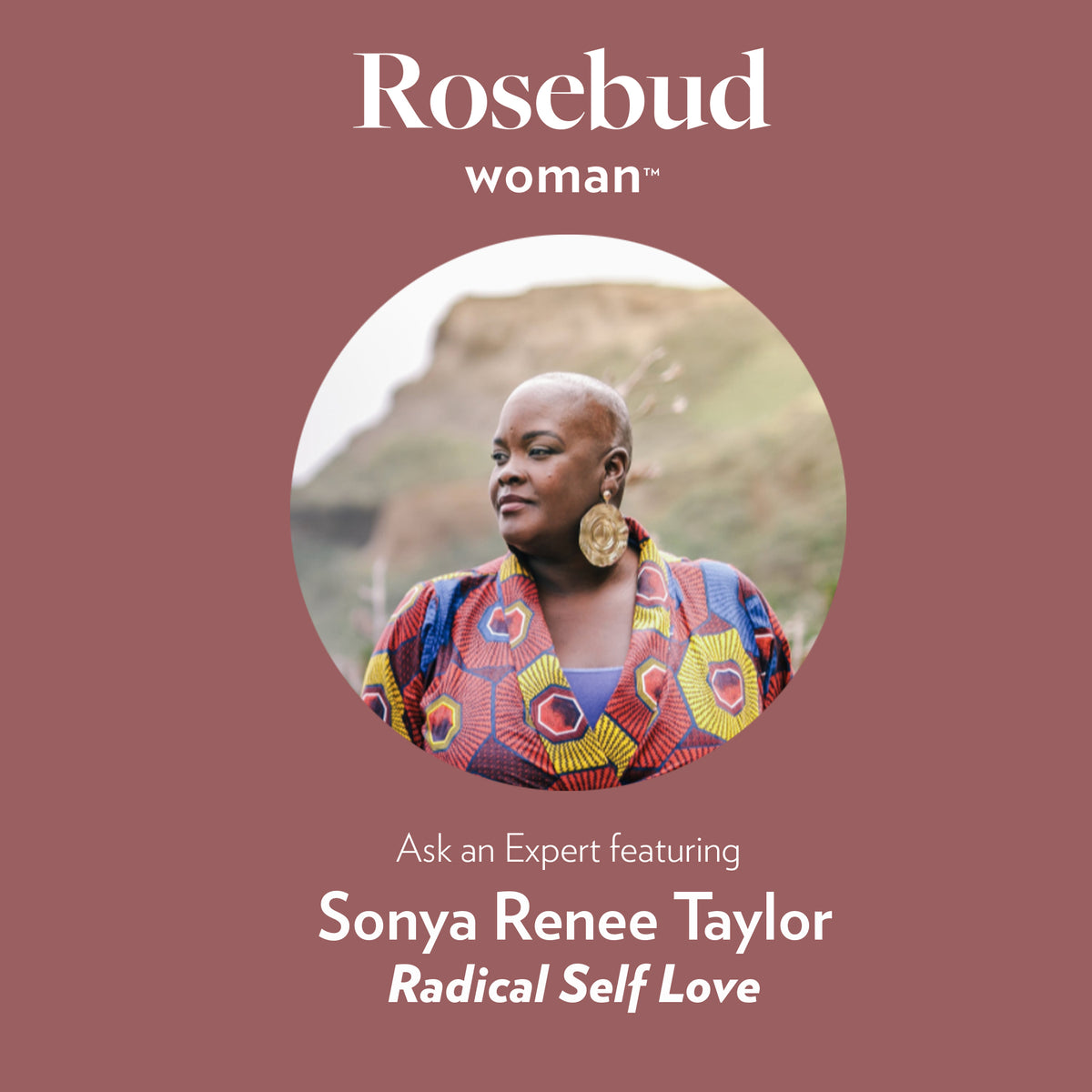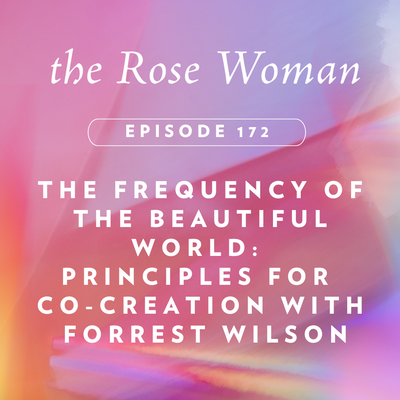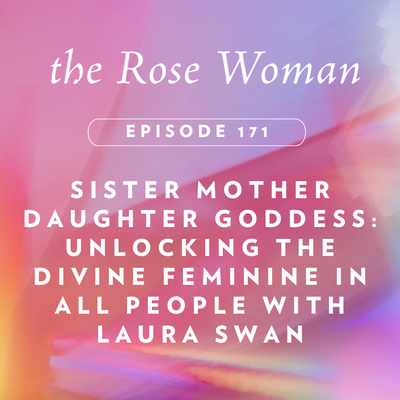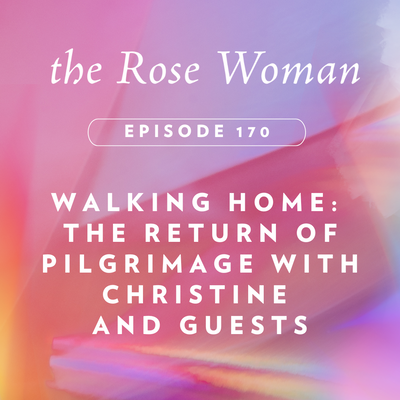Women's Wisdom, Episode 4: Sonya Renee Taylor talks about Radical Self Love, Call Out Culture and More
Sonya Renee Taylor is a pioneering thinker on self love as a personal and political necessity. This is a must-listen, heart-opening and provocative session.
Here's just one section, on Call-Out Culture, and Calling In:
I thought that it was very true that often times we weaponize calling out that it's sometimes a way to "play the woke awards"... Like, "Look, I caught you not getting it right." It can often be driven by ego and our desire to prove that we know and that we can see when something wrong is happening. That [Loretta Ross] proposes that we should do more calling in, which is really about gently, oftentimes privately letting the person to know that they've done something and sort of holding their hands in the process of understanding how they may have caused harm. As I sort of reflected on Loretta thoughts, what resonated for me is that I don't think that there's a one size fits all situation, and that I think that there are times when calling in is absolutely going to be the appropriate, and generous, and compassionate way to address someone's harm.
There are times when calling out is absolutely what needs to happen. Harvey Weinstein needed to be called out in order to topple the empire of secrecy and collusion that he was able to build around his harms, he had to be called out so that enough force could come behind it to dismantle that structure. So that was necessary, but there are times when both of those are to be way more work and way more energy than the person who has been harmed has to do.
So calling out, for me, is about actually returning the responsibility of change to the person that got harmed and removing myself from the need to either lead the charge against you or to gently nuzzle you to my bosom while you awakened to how you've harmed people, that I get to say, "This is the harm you caused.”
Calling on says, this is the harm you caused, this is how its impacted me, and my expectation is that you will learn about that, that you will do better. It is not my responsibility to teach you how to do that, nor am I going to drag you through the public square about it. I am holding you accountable to becoming the person it is that I believe you capability of being in the world, and I'm returning the accountability and responsibility of that change back to you. For me, that releases me from the responsibility and the exhaustion of having to either lead the public charge against the person or to hold their hand through their own transformation. It lets me come back to my own autonomy and allows them and their community to help them grow. I think that that's a third option to gives us some more space around how to be with each other in ways that are just less harmful.
Now, sometimes calling out and calling in are oftentimes just trauma responses.... "
LISTEN TO THE VIDEO BELOW FOR MORE.






















